Water is a complex entity that is linked with the existence and the sustainability of the planet. It impacts all socio-economic development while simultaneously promoting a healthy ecosystem. Thus, clean and pure water is vital not just to reduce global diseases but to improve welfare, health and overall productivity of the millions of people all across the country.
Since time immemorial, people would boil the water that they use for consumption for a few minutes every day. This was said to kill micro-organisms thus making water clean. But over time, these organisms started to develop a stronger immunity. Simply boiling the water is no longer as effective. Here are a few things you need to know, especially about the water purification techniques in use as well as the types of water purifiers available in the market.
Different Techniques used for Water Purification
• Distillation:
Being one of the oldest purification methods, water is heated and the vapour is collected and condensed. This water is free from the contaminants left behind in the vessel. This process works best in eliminating pesticides and herbicides which have a boiling point less than 100 degrees.
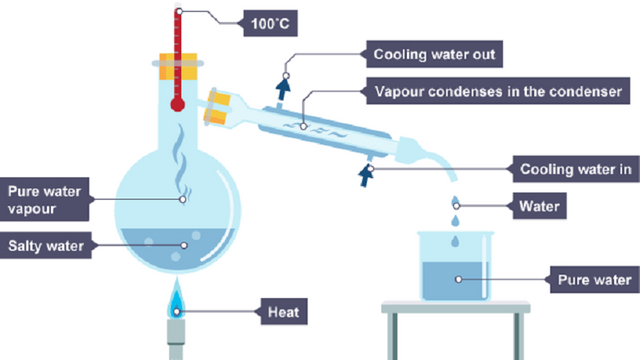
**• Deionization: **
Deionization is what mineral free water is made up of. Thus, deionization is a process where the free ions in the water are removed. Thus, salts that contain calcium and magnesium ions are first removed followed by the replacement of them by hydrogen ions.
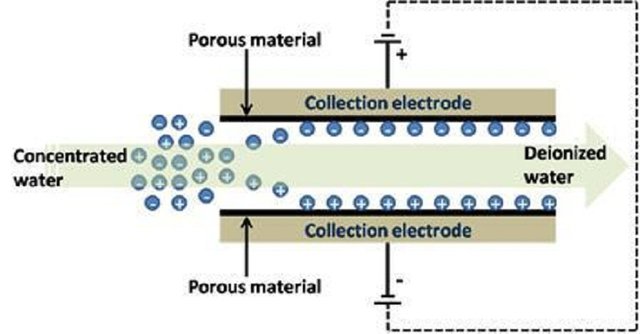
**• Active Carbon Filtration: **
Active carbon is used to purify soluble gases such as carbon monoxide, nitrogen, chlorine and ammonia. Carbon being porous in nature helps to absorb these gases. They also come with a lining of activated silver on them which are used to kill bacteria.
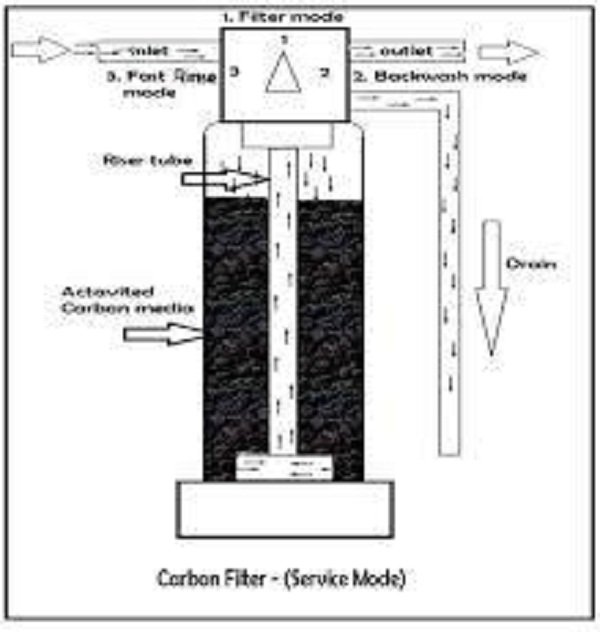
• Reverse Osmosis:
Though this technology is a fairly new one, it has been employed in almost all of the latest home purification filters. In this process, a pressure is applied to overcome osmotic pressure across a thin semi-permeable membrane in order to remove all those particles that are larger than that of the molecules of water.
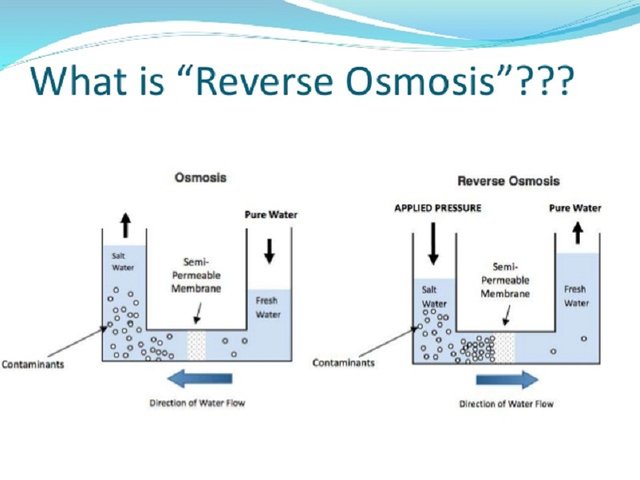
• UV Technology:
UV technology uses UV light to kill microscopic bacteria which may have escaped other filtering processes, thus making water fit for human consumption. Thus, this is an upgrade from the usual carbon and sediment filtration process.
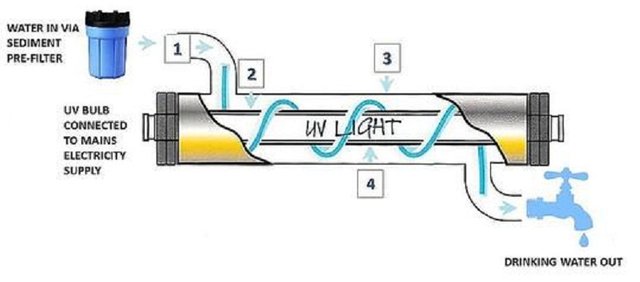
Standard Types of Water Purifiers Available in the Market
• Gravity-Based Water Purifiers:
These water purifiers use the simple difference in pressure from the higher chamber to the lower chamber of the filter to kill germs. They are very low maintenance, portable and do not require electricity. Both the water purifiers as well as its filters are quite cheap. They also provide a higher storage capacity compared to the others on the list. These water purifiers are not recommended in areas with the presence of fluoride or arsenic, lead or other nitrates in the water.
• Activated Carbon Purifiers:
These purifiers remove all the dissolved gases in the water effectively. These purifiers are very cheap. However, it does not work well enough to effectively remove heavy metals such as iron. Also, it is important to replace the filter from time to time.
**• UF Water Purifiers: **
UF water purifiers use an Ultrafiltration membrane in order to eliminate bacteria, viruses, cysts and microorganisms from water. They do not require electricity for their operation, is easy on the pocket, has low maintenance and last a long time. However, they do not remove dissolved salts in the water. So if your groundwater or local water supply has a significant concentration of dissolved salts, then UF purifiers are not recommended for you.
**• Ozone Water Purifiers: **
Ozone, being an unstable molecule gives up atoms to become a strong oxidizing agent. Thus, it is most effective against virus, bacteria and microorganisms. It is also less harmful than chlorine filters and is thus preferred by many. This filter is also quite budget friendly and does not require electricity.
• UV Water Purifiers:
These water purifiers are one of the most commonly used types of water purifiers. These purifiers are quite easy on your budget. They can also help to enhance the taste of water. They emit no harmful by-products but at the same time retain essential minerals in the water. However, these only work if the water is clear and also requires electricity. Note that these water purifiers are not recommended in areas with the presence of fluoride or arsenic, lead or other nitrates since UV purifiers cannot remove any dissolved impurities.
**• Reverse Osmosis Water Purifiers: **
RO water purifiers ensure that 99% of dissolved unwanted particles. Though the initial installation is cheap, the maintenance is costly as the filter has to be replaced frequently. This also needs electricity and due to its high efficiency the purification process tends to be quite slow and it also wastes a lot of water compared to the other water purifiers available in the market. However, it should be noted that the RO is not able to kill any germs or bacteria present in the water.
**• Universal Water Purifiers: **
These filters are those that combine two or more filtration and purification processes to make sure that the water is 99.9% pure. They can be used for all kinds of water and removes a variety of impurities as well as germs, viruses and bacteria. Examples of these include RO+UV and RO+ UV+ Activated Carbon. These are the most expensive amongst all the water purifiers that we have discussed and require heavy maintenance including electricity at all times. But it is also the most effective.
So how do I pick out the right filter?
- Find out your water's chemistry. This simply means to find out how contaminated the water in your locality is by getting an analysis of the water done. This analysis will give you information about the minerals and bacteria present in the water. Depending on this information, you can choose if you want a filter which weeds out dissolved minerals or one which kills bacteria or a filter that does both.
- **Decide **if you want the purification system installed for the entire water system of the house or only for the drinking water tap.
- Go through different brands available in the market. Read up on the kind of purification technique that they use for the purification process. Check if they are standardised and have successfully passed all the safety tests and then pick one that has the least maintenance yet suits all your needs.
It is better to be safe than sorry. Practice efficient water purification techniques to stay healthy.
THANK YOU FRIENDS PLEASE UPVOTE FOR SUPPORT ME
FOLLOW ME @Top5everywhere
My Previous Health Related Articles
ACIDITY, Burning Treatment with home remedy
Coughing And Wheezing, A Remedy That May Work For The Basic Chest Cool And Bronchitis
Hi! I am a robot. I just upvoted you! I found similar content that readers might be interested in:
http://ezinearticles.com/?All-You-Need-to-Know-About-Water-Purification&id=9819900
Downvoting a post can decrease pending rewards and make it less visible. Common reasons:
Submit
Good Post sir.
Downvoting a post can decrease pending rewards and make it less visible. Common reasons:
Submit
great information @top5everywhere.
Downvoting a post can decrease pending rewards and make it less visible. Common reasons:
Submit